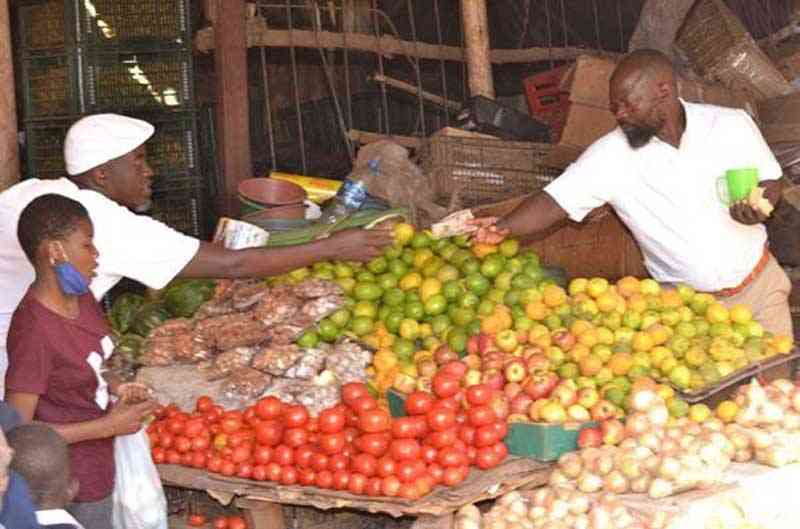
A United Nations (UN) report published this month on the impact of the Russia-Ukraine war points to more uncertain times for Zimbabwe.
The southern African country is struggling to recover from the cumulative effects of the COVID-19 pandemic and reduced maize harvests in the 2021/22 agricultural season, putting its economy on an uncertain path.
“This is threatening development gains and hindering progress towards Sustainable Development Goals. In recent reports, the United Nations World Food Programme (WFP) and the United Nations Development Programme (UNDP) noted that the conflict has had direct effects on increasing food and fuel prices and disrupting trade, which has led to fiscal tightening and a widening of inequalities and governance issues,” the UN report read.
“WFP also noted that the uncertainty and halting of the Black Sea Grain initiative has had an effect on global wheat prices, which could in turn affect other grain prices if not resolved.”
The UN agencies said the crisis in Ukraine was unlikely to end soon, meaning the effect on Zimbabwe would continue and might be amplified.
“The impact of the Ukraine crisis will depend on how susceptible the Zimbabwe economy as well as sub-populations are to changes in prices of the key products that are affected — cereal grains, edible oils, fuels and fertilisers,” the agencies said.
Political and social commentator Ricky Mukonza said supply of grains such as wheat and sunflower oil had been interrupted, leading to increases in prices.
“Fuel prices have also gone up. Logically, Zimbabwe should be condemning Russia. However, it has stuck to Russia's corner. At worst, it abstained from voting for an embargo against Russia. This stance is influenced by historical and ideological factors. Russia has supported Zimbabwe from the liberation years. It later vetoed proposed UN sanctions on Zimbabwe in 2008.
- Young entrepreneur dreams big
- Chibuku NeShamwari holds onto ethos of culture
- LSU students win innovation prize
- Mhofela finally drops album
Keep Reading
“In the process, economic ties have developed, with Russia eying mineral resources in the country. This is why Zimbabwe finds it impossible to take an anti-Russia position,” Mukonza said.
Speaking from her United Kingdom base, economist Chenayimoyo Mutambasere said Zimbabwe was economically vulnerable and would always be disproportionately impacted by global shocks.
“Zimbabwe’s exposure is mainly from its dependency on imports being indicative of inadequate agricultural output and low manufacturing productivity. In addition, Zimbabwe, which has some trading associations with Russia, may also be further exposed to the impact of the economic sanctions imposed against Russia. Zimbabwe relies heavily on import trade such that the shocks to global trade will make a substantial adverse impact on the Zimbabwean economy,” Mutambasere said.
She said Zimbabwe needed to compete for commodities such as wheat that were being imported from Zambia as other countries that relied on Ukraine moved on to look for new suppliers.
“This will in turn increase prices. Rising prices of wheat, particularly between January and May 2022 would have further exacerbated food insecurity in Zimbabwe meaning the poorest continue to be the hardest hit,” she said.
Mutambasere said Zimbabwe’s agricultural recovery path continued to be at risk, adding that the country should put in place policies to strengthen and stimulate local production.
“Policies such as a move away from the multi-currency regime and the interchange auction will go a long way in re-establishing the domestic market,” she said.
Follow us on Twitter @NewsDayZimbabwe










